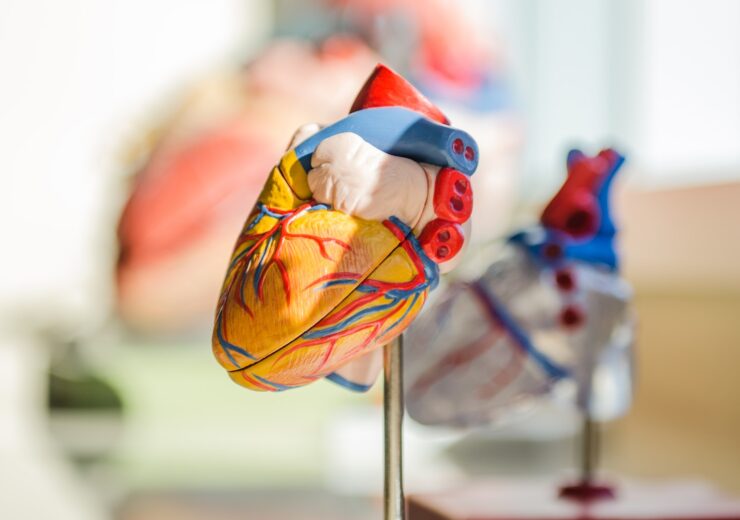When used with Abbott’s EnSite X EP System, TactiFlex Ablation Catheter, Sensor Enabled (SE), will provide physicians with better visualisation for more accuracy and precision, reduce procedures times and enhances safety

US FDA approves Abbott’s TactiFlex catheter to treat AFib. (Credit: jesse orrico on Unsplash)
Abbott has received the US Food and Drug Administration (FDA) approval for its TactiFlex Ablation Catheter, Sensor Enabled (SE), to treat abnormal heart rhythm or atrial fibrillation (AFib).
TactiFlex SE comes with a flexible tip and contact force technology to perform ablation procedures for the treatment of AFib.
When used with Abbott’s EnSite X EP heart mapping system, the catheter allows physicians to view and precisely identify areas in the heart that require ablation.
It is already approved and available in Europe, Africa, Japan, and Australia.
According to the US medical device maker, the TactiFlex SE reduces procedure times and provides superior safety compared to its previous generation catheters.
Unlike currently available catheters, TactiFlex uses a tip design with a laser-cut pattern that conforms with the heart wall to enable accurate positioning of the catheter.
Abbott said its TactiFlex catheter showed superior clinical outcomes in the TactiFlex AF IDE study, with more than 99% procedural success.
Abbott’s electrophysiology business chief medical officer Christopher Piorkowski said: “Abbott is leading the way in helping doctors manage common arrhythmias with the most holistic portfolio for this condition in the world.
“The EnSite X EP System is unmatched in determining the exact location where ablation is required. Coupled with the TactiFlex catheter, patients can now feel even more confident that their procedure will deliver safe and effective results.”
In a separate development, Abbott unveiled late-breaking results from a large-scale, Investigational Device Exemption (IDE) study of its dual-chamber leadless pacemaker.
The study, dubbed AVEIR dual-chamber (DR) i2i, showed that the leadless pacemaker met its three prespecified primary endpoints for safety and performance.
It further suggests that the AVEIR DR device could provide new benefits for people with slower-than-normal heart rhythms.
Abbott intends to provide the data to the US Food and Drug Administration (FDA), as part of its submission for approval of the AVEIR DR device.
AVEIR DR i2i IDE study co-principal investigator Reinoud E Knops said: “The vast majority of people needing a pacemaker require a dual-chamber pacemaker and would greatly benefit from a leadless device – but we’ve simply never had that option due to engineering challenges.
“Data from the AVEIR DR i2i study show that Abbott has designed a groundbreaking technology for seamless communication between two leadless pacemakers and that AVEIR DR can deliver appropriate therapy safely, opening up a future treatment option for more people with abnormal heart rhythms.”
Source: Company Press Release
